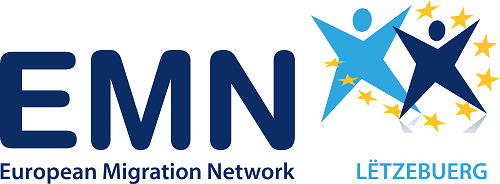The Luxembourgish economy is based on highly added value services. However, to maintain its competitiveness, the government must find solutions to attract highly qualified workers. This is due to the fact that newly established companies are confronted with difficulties when recruiting this type of individuals. One solution is the Nation branding strategy, which consists of trying to “sell” the country, also outside of the EU, as an interesting country to set up companies and not only as a strong financial centre. One main challenge for companies who settle in Luxembourg is to find qualified or highly qualified workers, who are willing to come to Luxembourg and to stay in the country, as the market is highly competitive. In order for a company to be able to hire a third-country national, the labour market test has to be applied (except for highly qualified workers, who are exempt of this test). The employee must declare the position vacant at the Agency for the development of employment (ADEM). The ADEM will verify if there is a jobseeker who benefits of an employment priority, meaning a national or EU or EEA citizen, who has the necessary qualifications for the position and is available to take the job. If the ADEM does not find such a person within three weeks, the employer will receive the authorisation to hire a third-country national under certain conditions. For occupations belonging to group 1 or 2 of the “International Standard Classification of Occupations” (ISCO), for which a particular need is recognised by the government, a lower salary threshold (1,2 instead of 1,5 times the average annual gross salary) can be applied. In order to do so, the government has to make an evaluation of the needs and to publish a list by a Government Council regulation. However, no list has been published so far. Furthermore, there is no monitoring of the outcomes of labour migration in Luxembourg neither by the government nor by social partners.
Determining Labour Shortages and the Need for Labour Migration from Third Countries in the EU

